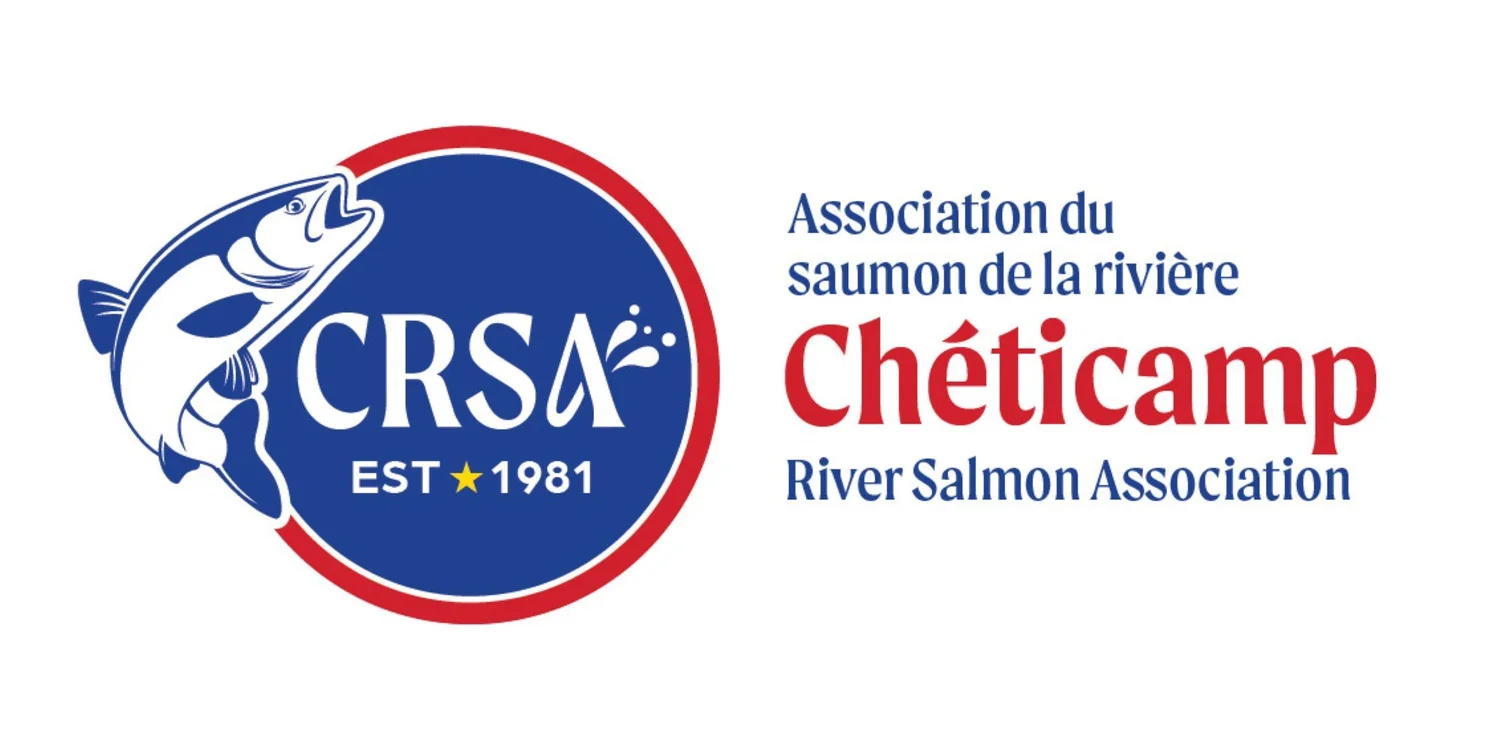Starting in 2017, the CRSA partnered with Cape Breton Highlands National Park to undertake a water temperature study focused on the Cheticamp River, several key tributaries, and the Cheticamp reservoir. This study is ongoing, with the CRSA and CBHNP working to build a long-term data set by collecting water temperature data at over 20 key locations. HOBO temperature loggers are used to collect hourly water temperatures at each location during the summer months, allowing for the investigation of peak summer temperatures and identification of cold-water refuges, critical components for the survival of juvenile salmon and trout.
The CRSA has partnered with the Atlantic Water Network and uses Atlantic DataStream - an open access hub for sharing water quality data that is coordinated by the AWN - to provide the public with easy access to the CRSA’s growing water quality dataset. The map below will be updated seasonally with new water quality data from both the CRSA’s water temperature study and habitat assessments.
In addition to the water temperature study, the CRSA also uses the Nova Scotia Fish Habitat Assessment Protocol (NSFHAP) to conduct habitat assessments as part of efforts to determine restoration priorities, establish baseline data, and evaluate effectiveness of instream work/quantify changes post-restoration. The NSFHAP was developed as a way of standardizing assessments of freshwater fish habitat while using habitat suitability variables. At minimum, these habitat assessments involve collecting water temperature and pH data, but may also include conductivity, total dissolved solids, and dissolved oxygen.
Below is some recent work from the CRSA’s water temperature monitoring project, including annual reports and findings, and future habitat enhancement recommendations.
2022 coldwater temperature monitoring and recommendations for enhancement
2021 coldwater temperature monitoring and recommendations for enhancement
2020 Cheticamp River water temperature investigation
2019 Cheticamp River water temperature investigation
